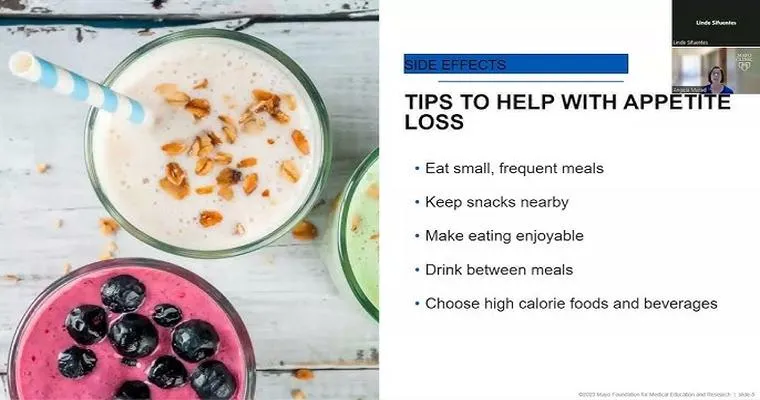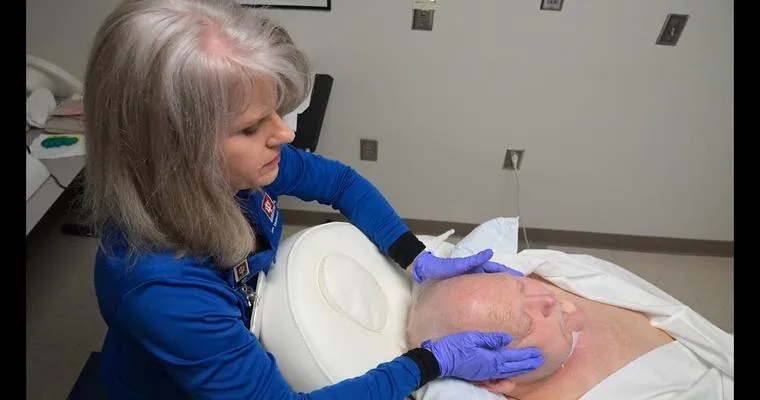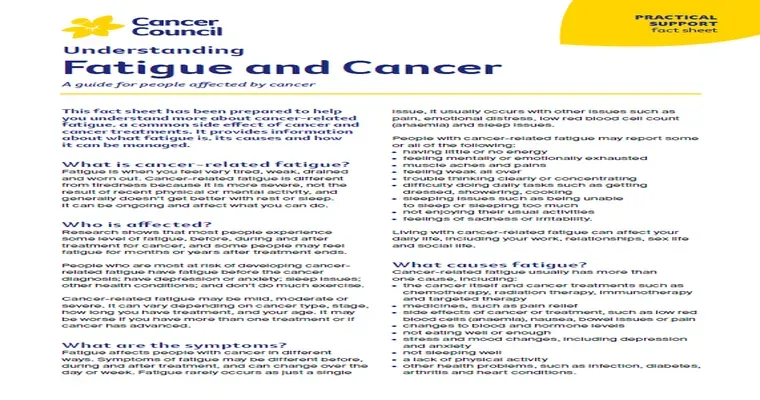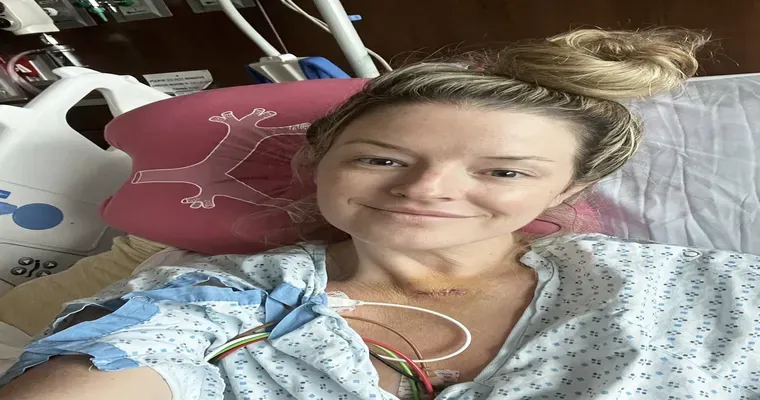Navigating "nutrition during cancer treatment" can be a challenging journey for patients and their families. Proper "dietary choices" are essential in supporting the body’s strength, managing side effects, and enhancing overall well-being. Here are nine essential nutrition tips to consider during cancer treatment.
1. "Prioritize Nutrient-Dense Foods"
Focus on incorporating a variety of "nutrient-dense foods" into your meals. This includes fruits, vegetables, whole grains, lean proteins, and healthy fats. These foods provide essential vitamins and minerals that can help bolster your immune system and overall health.
2. "Stay Hydrated"
Hydration is crucial, especially during cancer treatment. Aim for at least eight glasses of water a day, but adjust this based on your individual needs and any medical advice. Consider hydrating foods like soups, smoothies, and fruits with high water content to help you stay hydrated.
3. "Eat Smaller, Frequent Meals"
"Eating smaller, frequent meals" can help manage nausea and loss of appetite, common side effects of cancer treatments. Instead of three large meals, try to eat five to six smaller meals throughout the day. This can make it easier to consume the necessary calories and nutrients.
4. "Include Protein-Rich Foods"
Protein is vital for healing and maintaining muscle mass. Incorporate "protein-rich foods" such as poultry, fish, eggs, beans, and dairy into your meals. If you struggle with appetite, consider protein shakes or smoothies as a convenient way to boost your intake.
5. "Limit Processed Foods"
Avoid heavily processed foods that are high in sugar, unhealthy fats, and preservatives. These foods can lead to inflammation and may negatively impact your overall health. Instead, focus on whole, unprocessed foods that provide essential nutrients.
6. "Be Mindful of Food Safety"
During treatment, your immune system may be weakened, making it crucial to practice "food safety". Wash fruits and vegetables thoroughly, cook meats to safe temperatures, and avoid raw or undercooked foods to reduce the risk of infection.
7. "Consider Nutritional Supplements"
Discuss with your healthcare provider whether "nutritional supplements" may be beneficial for you. Some patients may require extra vitamins, minerals, or proteins to meet their dietary needs during treatment.
8. "Monitor Your Body’s Responses"
Pay close attention to how your body reacts to different foods. Some patients may experience changes in taste or smell, leading to aversions to certain foods. Keep a food diary to identify what works best for your body, and don’t hesitate to adjust your diet accordingly.
9. "Seek Professional Guidance"
Consulting a registered dietitian who specializes in oncology can provide personalized nutrition advice tailored to your specific treatment and needs. They can help create a meal plan that considers your preferences and helps manage any side effects you may be experiencing.
In conclusion, maintaining a balanced and nutritious diet during cancer treatment is vital for recovery and well-being. By following these nine nutrition tips and staying in tune with your body’s needs, you can support your health and enhance your treatment experience. Always remember to consult with healthcare professionals before making significant changes to your diet during this critical time.





